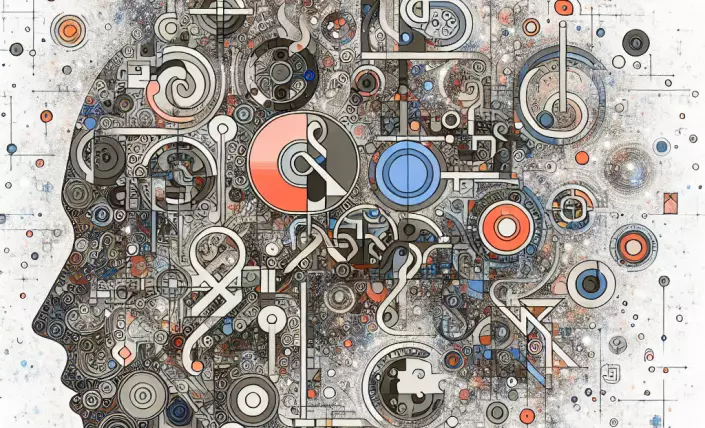In the hustle and bustle of contemporary life, we often forget to pause and reflect on the underlying forces that shape our moral decisions. While Adam Smith is often celebrated for his economic insights, his philosophical reflections on morality provide a profound framework to understand the dynamics of human behavior. At the heart of Smith's philosophy is the concept of the 'invisible hand,' a metaphor that transcends economics, encapsulating the unseen mechanisms that guide individual and collective moral judgments.
Smith's exploration of moral sentiments highlights the complex interplay between self-interest and empathy. In a society where personal gain often seems to overshadow communal welfare, Smith posits that our ability to empathize with others plays a crucial role in balancing these competing interests. This empathy is not merely a passive emotion but an active force that compels individuals to act ethically. In essence, our moral compass is not solely calibrated by societal norms or religious edicts but is deeply influenced by our capacity to resonate with the feelings of others. This resonance, Smith argues, is the true 'invisible hand' that guides ethical behavior, urging us to transcend self-interest and consider the broader impact of our actions.
The implications of Smith's philosophy extend beyond personal morality, offering insights into the fabric of societal interactions. In today's interconnected world, where digital communication often replaces face-to-face interaction, the challenge lies in nurturing this empathetic connection. The digital age, while fostering a global community, can also dilute the immediacy of human experience, making it easier to ignore the emotional realities of others. Smith's insights urge us to cultivate a mindful awareness of this phenomenon, recognizing the importance of empathy in fostering a society that values ethical considerations over mere transactional benefits. By embracing this perspective, we can begin to recalibrate our moral compasses, ensuring that the invisible forces shaping our decisions lead us towards a more compassionate and just world.










